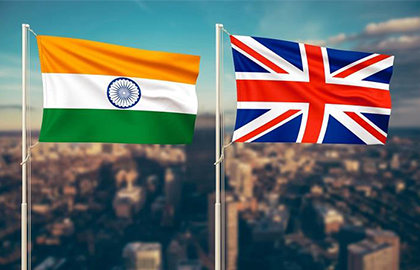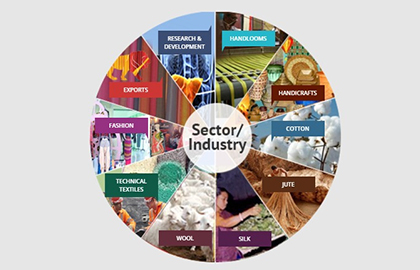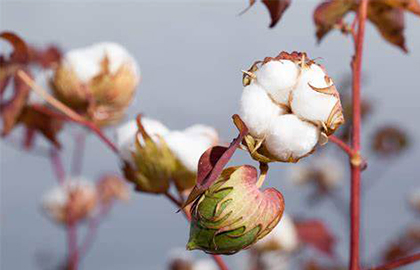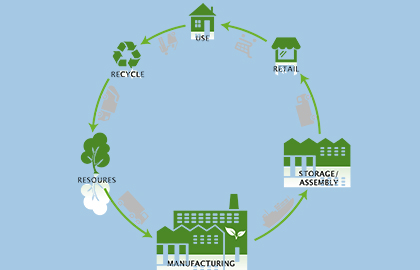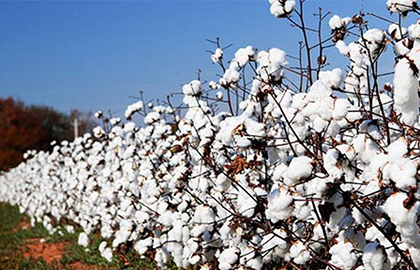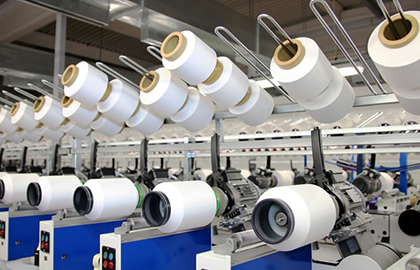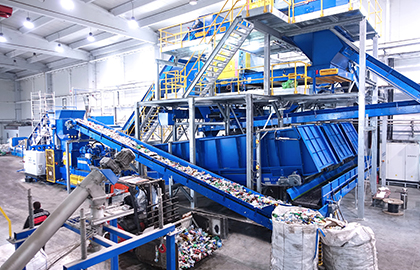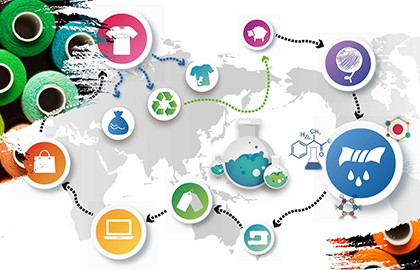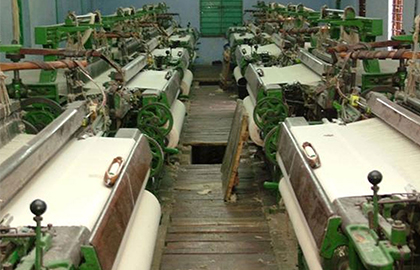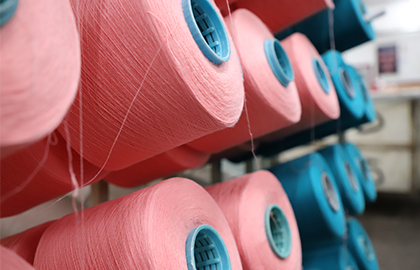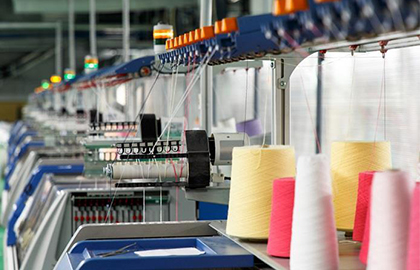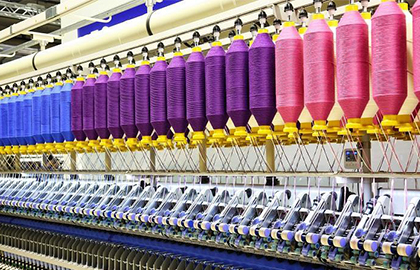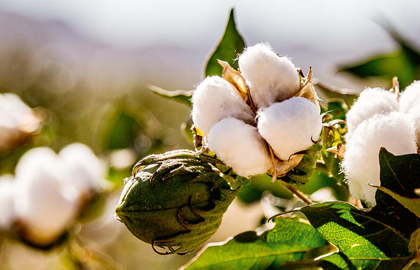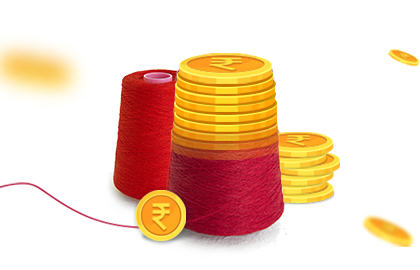
A systematic planning for the re-emergence of Indian Textiles
Considering the magnitude of the COVID-19 pandemic and its effects on the global economic chain, the Indian Textile market looks towards a very unsteady future in the coming few months. With a risk of more than 1 crore people becoming unemployed, governing bodies and agencies are working on a war-footing to avert a major crisis.
Post the lockdown, the apparels sector will be in doldrums, especially because of the instilled fears in the minds of the consumers. Suddenly, the apparel sector has lost its sheen and people would not be willing to spend as much on apparel and clothing, especially in retail stores. The Indian apparel industries are expecting a 10-15% loss in its USD 74 billion revenue, in the best-case scenario. Similar challenges lie in both the domestic and international markets for all types of textiles, be it technical, medical, fashion, etc.
With the Indian Textiles being a huge contributor to the Indian economy (2nd only to agriculture and a contribution of approx. 3%), it is imperative for the Government to undertake drastic measures to ensure minimum damage to the industry. Confederation of Indian Textile Industry (CITI), the governing body of Indian Textiles, has appealed to the Govt. of India to take some steps and put forth a few recommendations to overcome this problem. In an address to the Government, CITI has asked for some relief for its intense labour force and establishments, as a major part of the industry’s workforce is labour (especially the spinning, weaving and processing statements).
In its recommendation, CITI has covered all major concerns of large, small and individual players, which included points such as a moratorium on existing loan payments, waiver in the payment of EPF and ESI, exemption of certain taxes, etc. A few other noteworthy points are as follows:
Urgent Measures –
- Providing interest-free advances through respective banks to all TUFS (Technology Upgradation Fund Scheme) beneficiaries, by extending 90% of all committed liabilities of all types of TUFS benefits
- Relief in interest on bank loans, for 3 to 6 months during the period of lockdown, will give breathing period to regain the business
- Exemption of anti-dumping duty and basic customs duty on raw materials, chemicals, intermediaries, dyes, accessories, etc.
- 50% of salaries/wages of labourers to be borne by the Government during the lockdown period
- Extend 25% working capital without collateral to make payment of wages and electricity etc.
- Waiver in EPF & ESI contributions for 3 months for both employer and employee
- Waive off demurrage charges on imported merchandises from mid-March till businesses are regularised
- Postpone the payment of GST dues for 3 months of lockdown period without penalty
- Cotton Yarn and Fabrics to be included under Rebate of State and Central Taxes & Levies (RoSCTL), MEIS and IES with immediate effect
- Treatment of shipping and courier services, both domestic and international, as part of the Essential Commodity Services during the lockdown period
- Grant permission to defer payment of GST dues for the period of lockdown, without penalty
Long-Term Measures –
- To extend a moratorium on principal and interest amounts, for 9 months, from 1st July, 2020 to 31st March, 2021, which the banks can recover later, over a period of 36 months
- Relaxation of RBI norms for declaring defaulting units as “NPA” for the year 2020, which might otherwise lead to many good performing borrowers being labelled as under-performers and put banks under pressure
- Export Credit Guarantee of India (ECGC) to extend their policies/covers at lower premium rates considering declining financial standings of foreign buyers
- Increase in customs duties on products excluding basic raw materials, for 6 months, including countries in FTA, to promote ‘Make in India’
- MNREGA benefits to be extended only for non ESI/EPF workers to encourage labourers to return to factories
- Extending life insurance cover against COVID-19, by ESI, to all textile industry workers
- Apparel Clothing Brands and Retail Chain Stores to avoid asking for heavy discounts
If the above-mentioned points are sanctioned by the Indian Government for Textile Industries, then the textile industry can be expected to recover from the incurred losses in about 6 months’ time. However, it remains to be seen as to how many of these points are approved by the Government and the road ahead post the end of the lockdown period.
It is estimated that India will be able to regain its losses by the next financial year, but for the time being, the focus remains on getting things started steadily.
Post the lockdown, the apparels sector will be in doldrums, especially because of the instilled fears in the minds of the consumers. Suddenly, the apparel sector has lost its sheen and people would not be willing to spend as much on apparel and clothing, especially in retail stores. The Indian apparel industries are expecting a 10-15% loss in its USD 74 billion revenue, in the best-case scenario. Similar challenges lie in both the domestic and international markets for all types of textiles, be it technical, medical, fashion, etc.
With the Indian Textiles being a huge contributor to the Indian economy (2nd only to agriculture and a contribution of approx. 3%), it is imperative for the Government to undertake drastic measures to ensure minimum damage to the industry. Confederation of Indian Textile Industry (CITI), the governing body of Indian Textiles, has appealed to the Govt. of India to take some steps and put forth a few recommendations to overcome this problem. In an address to the Government, CITI has asked for some relief for its intense labour force and establishments, as a major part of the industry’s workforce is labour (especially the spinning, weaving and processing statements).
In its recommendation, CITI has covered all major concerns of large, small and individual players, which included points such as a moratorium on existing loan payments, waiver in the payment of EPF and ESI, exemption of certain taxes, etc. A few other noteworthy points are as follows:
Urgent Measures –
- Providing interest-free advances through respective banks to all TUFS (Technology Upgradation Fund Scheme) beneficiaries, by extending 90% of all committed liabilities of all types of TUFS benefits
- Relief in interest on bank loans, for 3 to 6 months during the period of lockdown, will give breathing period to regain the business
- Exemption of anti-dumping duty and basic customs duty on raw materials, chemicals, intermediaries, dyes, accessories, etc.
- 50% of salaries/wages of labourers to be borne by the Government during the lockdown period
- Extend 25% working capital without collateral to make payment of wages and electricity etc.
- Waiver in EPF & ESI contributions for 3 months for both employer and employee
- Waive off demurrage charges on imported merchandises from mid-March till businesses are regularised
- Postpone the payment of GST dues for 3 months of lockdown period without penalty
- Cotton Yarn and Fabrics to be included under Rebate of State and Central Taxes & Levies (RoSCTL), MEIS and IES with immediate effect
- Treatment of shipping and courier services, both domestic and international, as part of the Essential Commodity Services during the lockdown period
- Grant permission to defer payment of GST dues for the period of lockdown, without penalty
Long-Term Measures –
- To extend a moratorium on principal and interest amounts, for 9 months, from 1st July, 2020 to 31st March, 2021, which the banks can recover later, over a period of 36 months
- Relaxation of RBI norms for declaring defaulting units as “NPA” for the year 2020, which might otherwise lead to many good performing borrowers being labelled as under-performers and put banks under pressure
- Export Credit Guarantee of India (ECGC) to extend their policies/covers at lower premium rates considering declining financial standings of foreign buyers
- Increase in customs duties on products excluding basic raw materials, for 6 months, including countries in FTA, to promote ‘Make in India’
- MNREGA benefits to be extended only for non ESI/EPF workers to encourage labourers to return to factories
- Extending life insurance cover against COVID-19, by ESI, to all textile industry workers
- Apparel Clothing Brands and Retail Chain Stores to avoid asking for heavy discounts
If the above-mentioned points are sanctioned by the Indian Government for Textile Industries, then the textile industry can be expected to recover from the incurred losses in about 6 months’ time. However, it remains to be seen as to how many of these points are approved by the Government and the road ahead post the end of the lockdown period.
It is estimated that India will be able to regain its losses by the next financial year, but for the time being, the focus remains on getting things started steadily.

